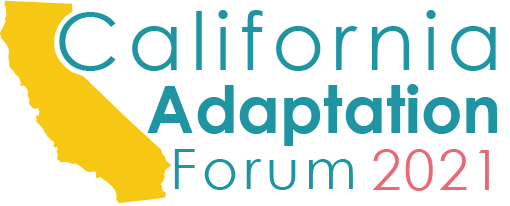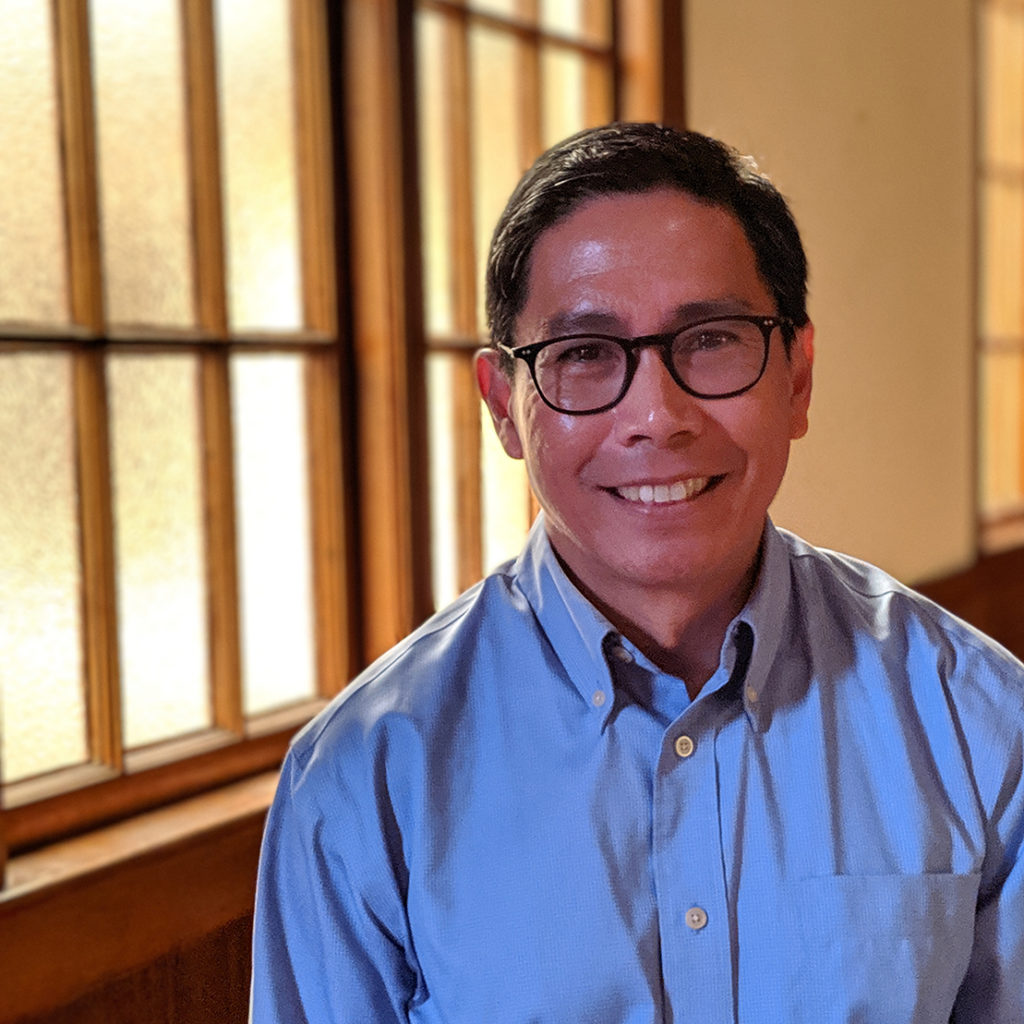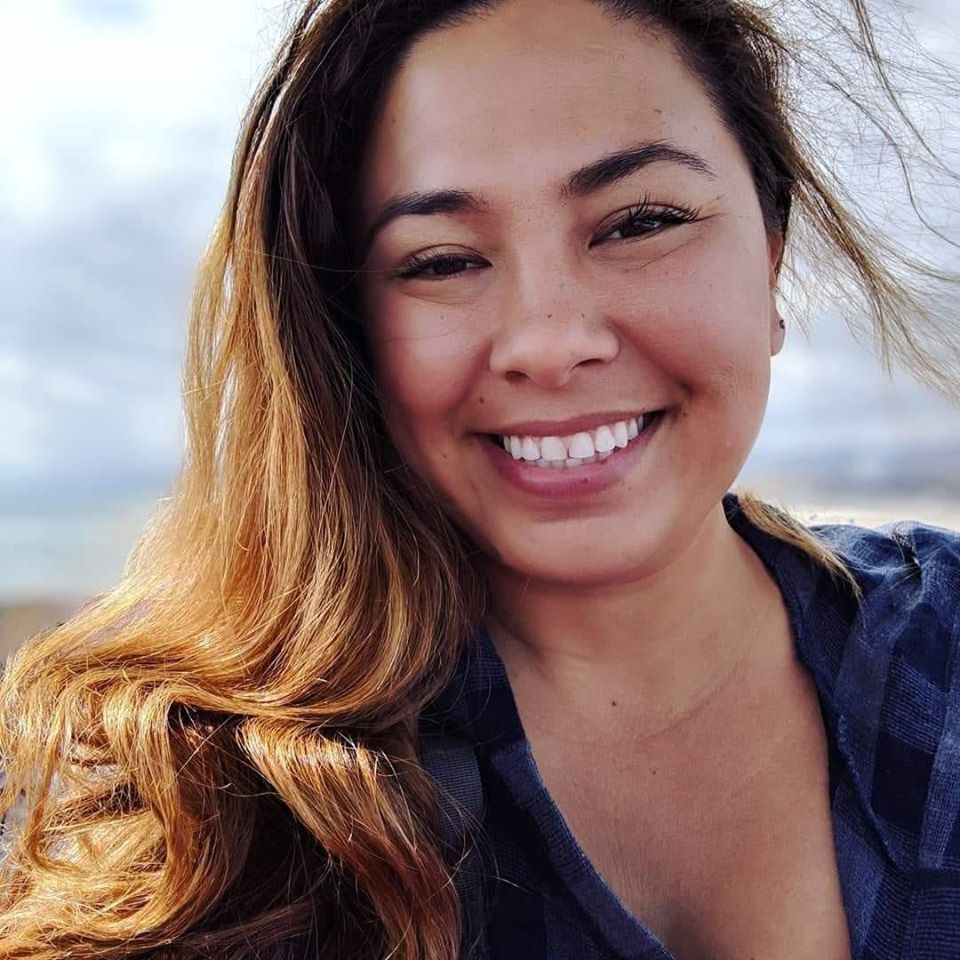Local jurisdictions throughout California have been working to understand their climate risks and vulnerabilities, identify adaptation strategies, and develop adaptation plans. While this foundational work must continue to ensure that plans are strategic, aligned, and informed by community and science, communities are experiencing and witnessing climate-fueled disasters at an increasing pace. On-the-ground action and projects are urgently needed – across the entire state – to build the resilience of our communities, infrastructure, ecosystems, and economy.
This track will focus on opportunities to accelerate the implementation of climate adaptation strategies by tapping into existing assets, leveraging the power of partnerships, and unlocking new pathways for ongoing investment.
Key challenge questions may include: What early investments will enable long-term resilience building? How do we translate broad adaptation strategies into specific project requirements and metrics? How can we use public policy and public dollars to encourage private markets to build resilient communities? How do we finance landscape-scale adaptation solutions? How should public agencies and communities integrate adaptation solutions into capital improvement plans?
Track Intro Webinar
Wed, July 14 • 9:30-11:00am
Track Workshop #1
Mon, July 26 • 10:00am-12:00pm
Track Workshop #2
Thurs, Aug 19 • 9:00-11:00am
Track Workshop #3
Thurs, Sept 30 • 1:00-3:00pm
Track Outcomes Webinar
Thurs, Oct 21 • 9:30-11:00am



